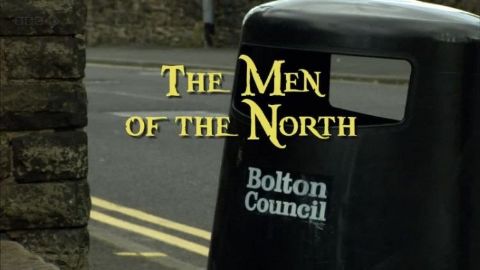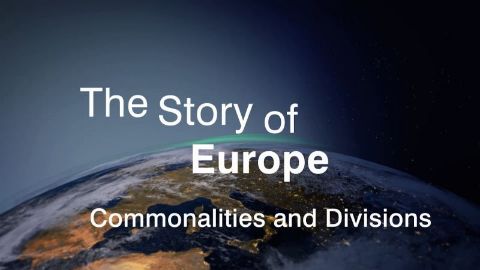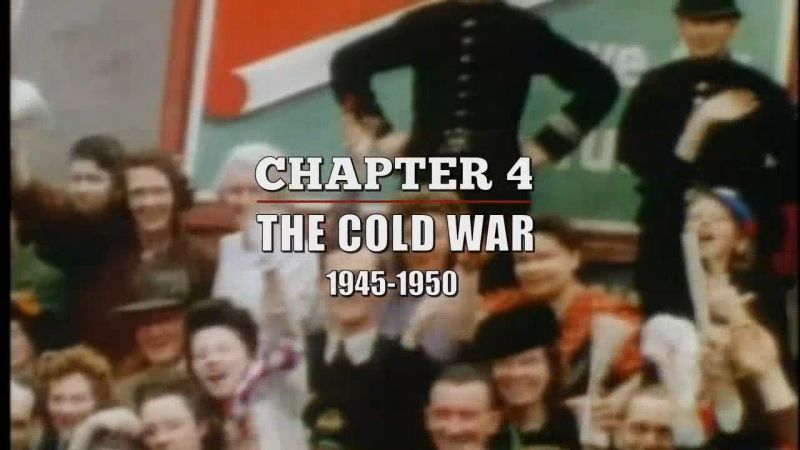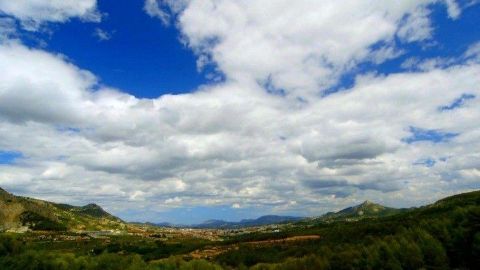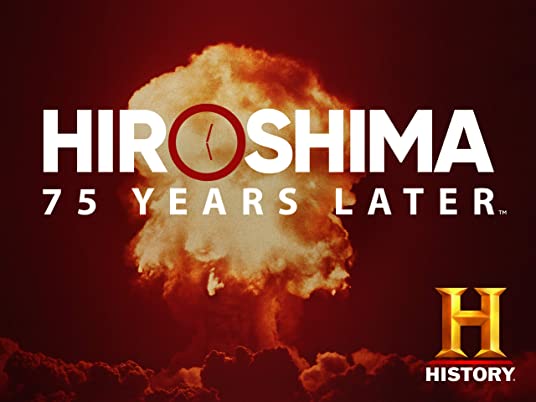Rome's Invisible City • 2015
With the help of a team of experts and the latest in 3D scanning technology, Alexander Armstrong, along with Dr Michael Scott, explores the hidden underground treasures that made Rome the powerhouse of the ancient world. In his favourite city, he uncovers a lost subterranean world that helped build and run the world's first metropolis and its empire. From the secret underground world of the Colosseum to the aqueducts and sewers that supplied and cleansed it, and from the mysterious cults that sustained it spiritually to the final resting places of Rome's dead, Xander discovers the underground networks that serviced the remarkable world above.
Make a donation
Buy a brother a hot coffee? Or a cold beer?
Hope you're finding these documentaries fascinating and eye-opening. It's just me, working hard behind the scenes to bring you this enriching content.
Running and maintaining a website like this takes time and resources. That's why I'm reaching out to you. If you appreciate what I do and would like to support my efforts, would you consider "buying me a coffee"?
Donation addresses
BTC: bc1q8ldskxh4x9qnddhcrgcun8rtvddeldm2a07r2v
ETH: 0x5CCAAA1afc5c5D814129d99277dDb5A979672116
With your donation through , you can show your appreciation and help me keep this project going. Every contribution, no matter how small, makes a significant impact. It goes directly towards covering server costs.
